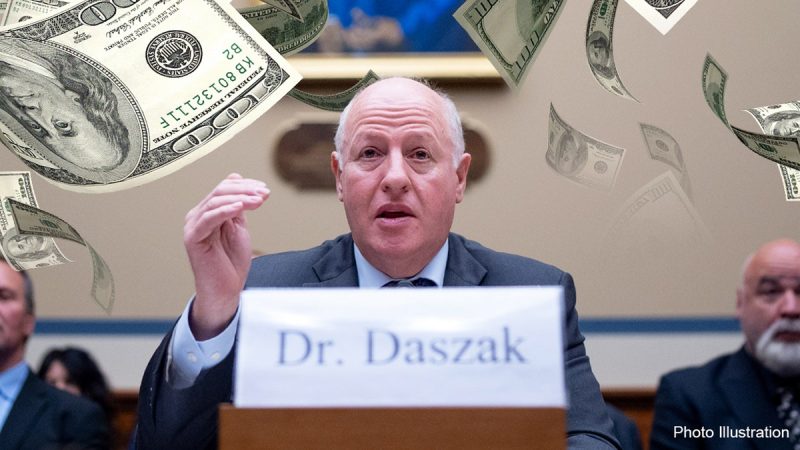**The EcoHealth Alliance: A Controversial Entity or an Essential Institution for Pandemic Prevention?**
Governments around the world allocate significant amounts of taxpayer funds to various organizations to support research and initiatives focused on global health, disease prevention, and wildlife conservation. Among those organizations is the EcoHealth Alliance, a non-profit group that has been embroiled in controversy and faced backlash regarding its use of taxpayer funds.
Since its establishment in 1971, the EcoHealth Alliance has positioned itself as a leader in the field of disease ecology and conservation biology. The organization’s mission was to conduct research on the interactions between wildlife, humans, and the environment to better understand and prevent the spread of emerging infectious diseases, including zoonotic diseases.
However, recent investigations have shed light on the questionable practices of the EcoHealth Alliance, particularly its collaborations with the Wuhan Institute of Virology (WIV) in China. The funding provided by the U.S. National Institutes of Health (NIH) to the EcoHealth Alliance, totaling nearly $100 million since 2008, has come under scrutiny due to concerns over the potential role of the WIV in the origins of the COVID-19 pandemic.
The EcoHealth Alliance’s ties to the WIV have raised suspicions about the transparency and accountability of taxpayer-funded research. Critics argue that the organization’s collaboration with a high-security virology lab in China, known for its work on bat coronaviruses, may have inadvertently contributed to the emergence of the novel coronavirus SARS-CoV-2.
The controversy surrounding the EcoHealth Alliance highlights the delicate balance between promoting scientific research and ensuring ethical standards are upheld in the pursuit of knowledge. While the organization has defended its partnerships as essential for studying and preventing future pandemics, questions remain about the extent of oversight and risk assessment associated with such collaborations.
Moving forward, it is crucial for organizations like the EcoHealth Alliance to prioritize transparency, accountability, and public trust in their research activities. By engaging in open dialogue with stakeholders, adhering to rigorous ethical standards, and maintaining a commitment to advancing global health, the EcoHealth Alliance can rebuild its reputation and regain the confidence of taxpayers and policymakers alike.
In conclusion, the EcoHealth Alliance’s receipt of substantial taxpayer funds underscores the importance of responsible stewardship and ethical conduct in scientific research. As the world grapples with the ongoing consequences of the COVID-19 pandemic, it is imperative that organizations like the EcoHealth Alliance uphold the highest standards of integrity and ensure that their work contributes positively to the collective effort of preventing future public health crises.

